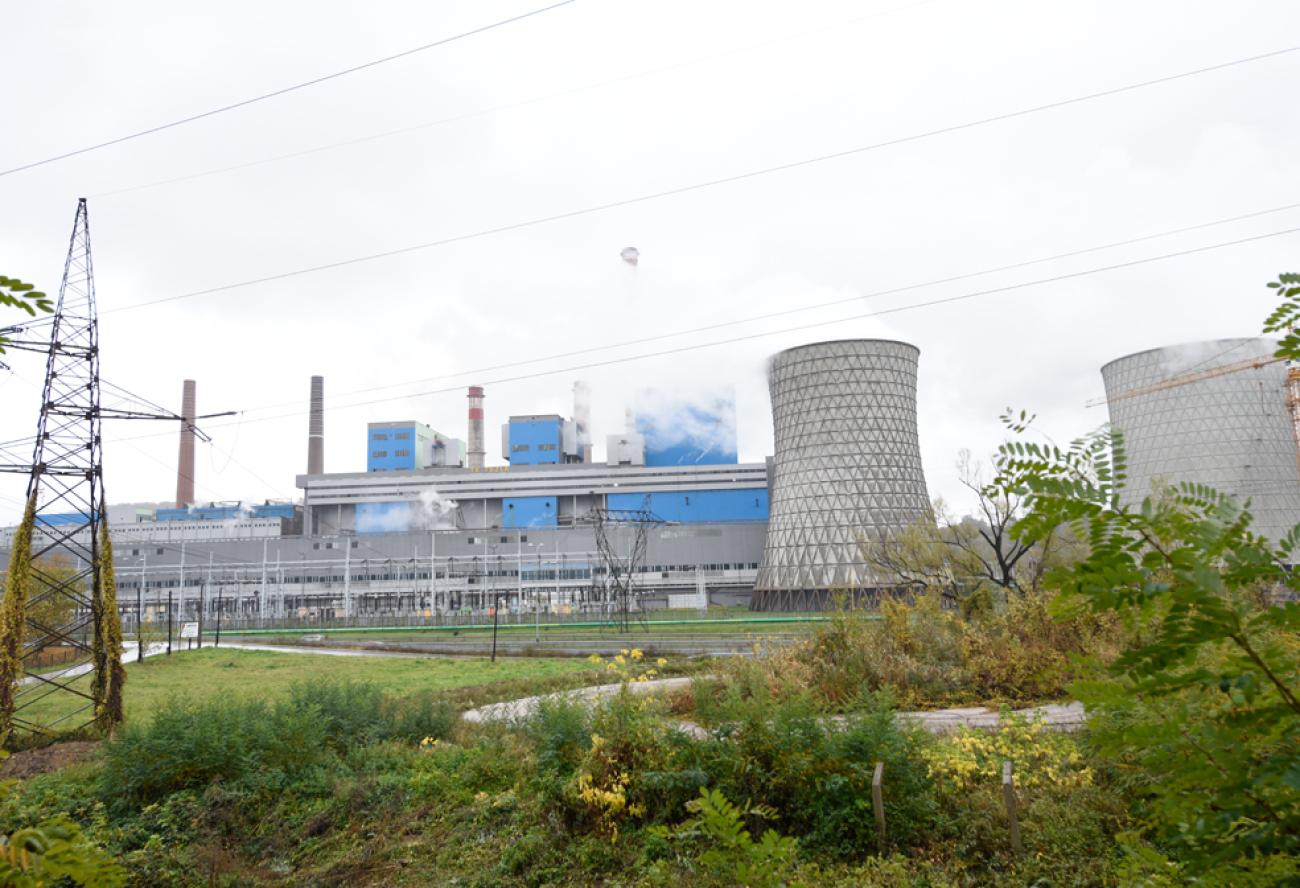Belgrade – Approximately 7 million people worldwide die prematurely each year from air pollution. Nine out of ten people breathe outdoor air that is polluted beyond levels deemed acceptable under the World Health Organization’s Air Quality Guidelines. Air pollution is thus considered a global public health emergency. This is why the World Environment Day 2019 will urge governments, industry, communities, and individuals to come together to explore renewable energy and green technologies, and improve air quality in cities and regions across the world.
The population of the Western Balkans region is exposed to some of the highest concentrations of air pollutants in Europe, up to five times higher than the national and EU guideline levels, as well as WHOS’s AQG.
The latest assessment report ‘Air Pollution and Human Health: The Case of the Western Balkans’ developed with financial support from the Government of Norway, was launched by the United Nations Environment Programme last Friday in Sarajevo. It provides an overview of air quality in the Western Balkans as well as an estimate of the health impacts of air pollution in the region and the expected health benefits of reductions in air pollution in the selected cities. The assessment report covers the following countries: Albania, Bosnia and Herzegovina, Montenegro, North Macedonia and Serbia, with a focus on the cities: Korca, Banja Luka, Brod, Prijedor, Tuzla, Zenica, Bar, Niksic, Pljevlja, Podgorica, Tivat, Bitola, Skopje, Tetovo, Belgrade, Pancevo, Uzice and Valjevo.
Air pollution is a serious problem in all Western Balkan countries where air pollutant concentrations usually exceed the permitted values. According to the report, air pollution contributes to high mortality rates and reduced life expectancy in the selected cities. The report specifically indicates the dangers of exposure to fine particulate matter emissions (PM2.5 and PM10). The region’s topography, but primarily the low-quality solid fuels used in coal-fired power plants, the burning of coal for domestic heating and cooking, outdated industry and old vehicles contribute to the high concentrations of pollutants in the air.
Air quality in the Western Balkans countries analyzed in this study is monitored in accordance with EU legislation and the collected data reported to the European Environment Information and Observation Network (EIONET). However, despite the efforts by the governments to invest in air quality monitoring, the main challenges the existing air quality monitoring systems in the Western Balkans currently face are inconsistent data due to lack of financing for the stations’ maintenance, the absence of certified calibration laboratories and of air quality modelling.
Air quality improvement by alleviating energy poverty is crucial to reduce the number of deaths and diseases associated with air pollution in the Western Balkans. Some of the policy recommendations from the report include creating national, regional and international frameworks to address environmental challenges, awareness raising about air pollution, promoting the use of renewable energy, environmentally sound management of chemicals and waste.
As for Serbia, major sources of air pollution are industrial processes, electricity and heat generation, and road transport. Only few cities in Serbia have prepared Air Quality Improvement Plans as well as local environmental action plans (e.g. Kragujevac, Užice, Belgrade). Having recognized the need to intensify efforts to reduce air pollution, the Ministry of Environmental Protection of the Republic of Serbia established a working group for air pollution reduction in October 2018 and initiated dialogues with representatives of local authorities of the cities with highest concentration of air pollutants.
Furthermore, the City of Belgrade receives technical support under UN Environment’s District Energy in Cities Initiative, one of six accelerators of the UN’s Sustainable Energy for All (SEforALL) Energy Efficiency Accelerator Platform, supporting market transformation efforts to shift the heating and cooling sector to energy efficient and renewable energy solutions by building local know-how and implementing enabling policies that will accelerate investment in modern – low-carbon and climate resilient – district energy systems.
Click here to download the report.








